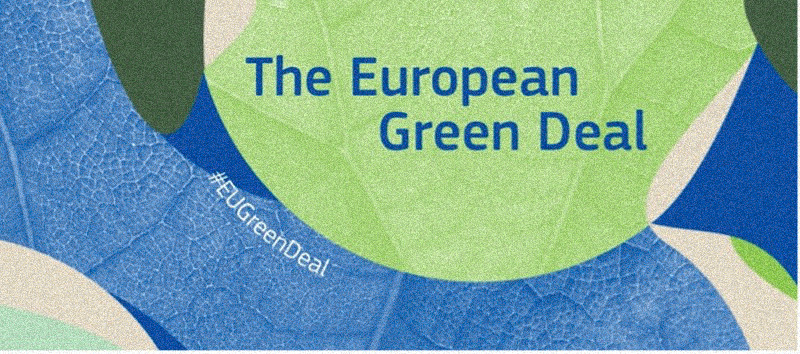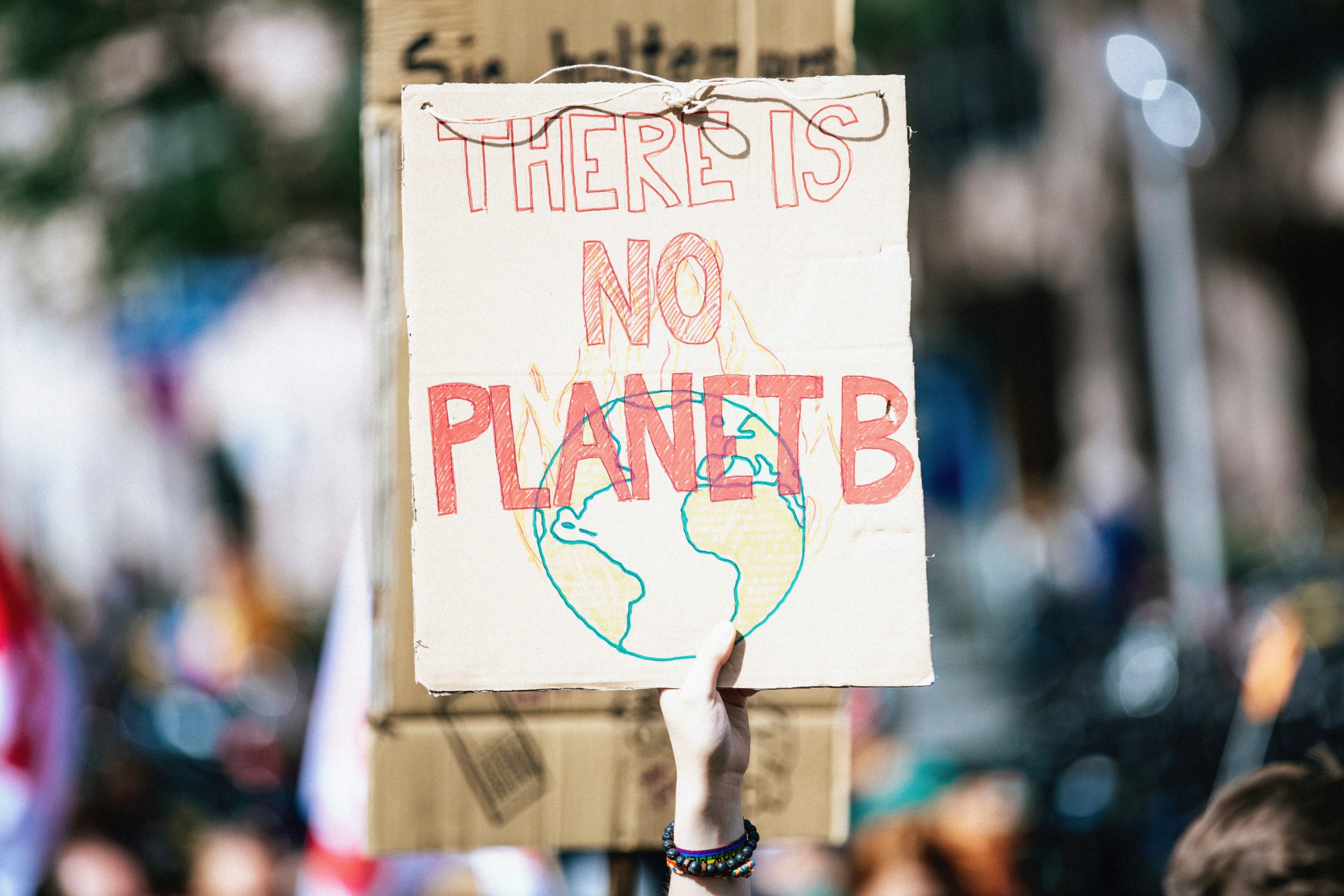
The term sustainable development was first defined in 1987, during the Brundtland Commission Report as “development that meets the needs of the present without compromising the ability of the future generations to meet their own needs”.
This applies to 4 dimensions which are interconnected: society, environment, culture and economy.
In other words, this means living in a conscious way, aware of our personal actions which can contribute to a safe and clean world for the future generations. Small decisions which have a big impact, such as taking the bicycle instead of the car, or closing the windows when the heating is on are some of the many day to day actions you can do to protect the planet.
However, what about in the larger picture? We are familiar with high polluting companies and countries which are not aware of the impact of their greenhouse emissions. How does the international community deal with this?
In order to set limits and a control of the emissions, the European Union introduced in 2019 the Green Deal. This pact aims mainly at becoming the first climate neutral continent by 2050, by reducing greenhouse gas emissions through adaptations and changes in our daily lives.
The Green Deal works on 8 concrete topics which will lead to the following benefits:
- Fresh air, clean water, healthy soil and diversity;
- Cleaner energy and cutting-edge clean technological innovation;
- Renovated, energy efficient buildings;
- Longer lasting products that can be repaired, recycled and re-used;
- Healthy and affordable food;
- Future-proof jobs and skills training for the transition;
- More public transport;
- Globally competitive and resilient industry.
Everybody is affected by the rise of temperatures and the climate change. It is up to individuals, companies and countries to live consciously and respect the home of the future generations, our planet Earth.
Learn more about the Green Deal here.



